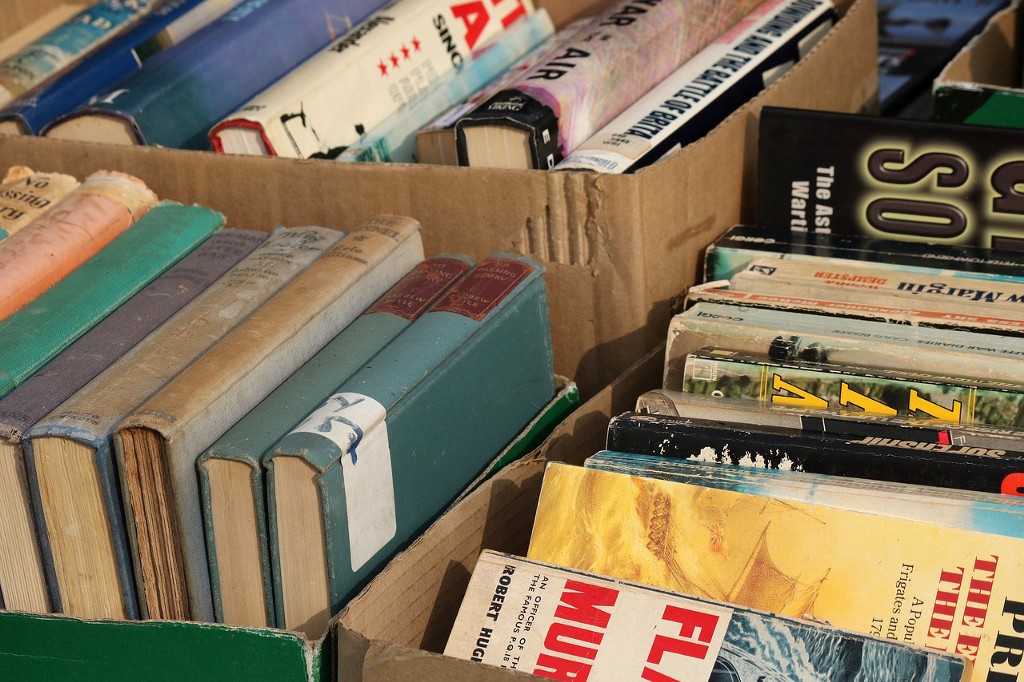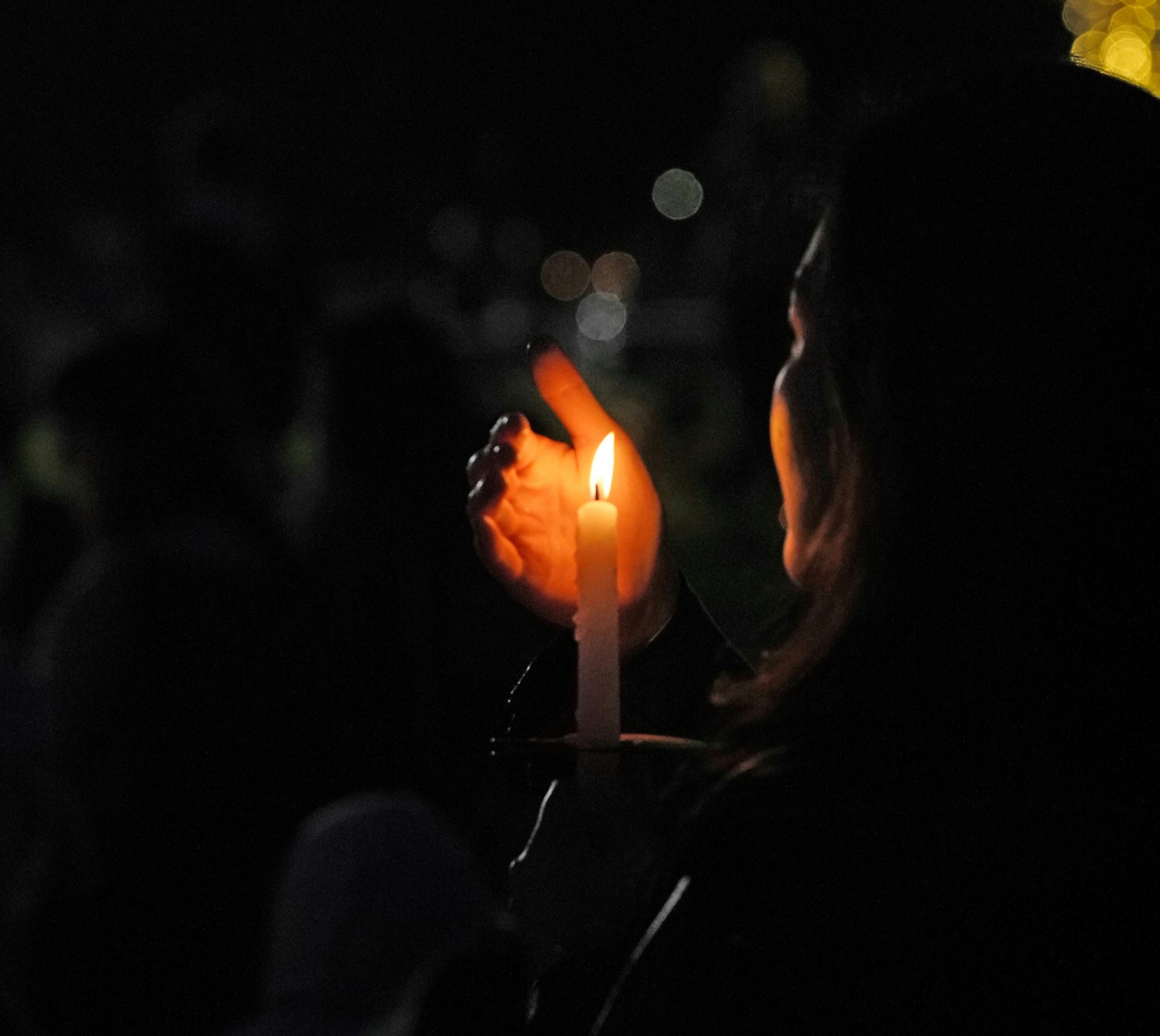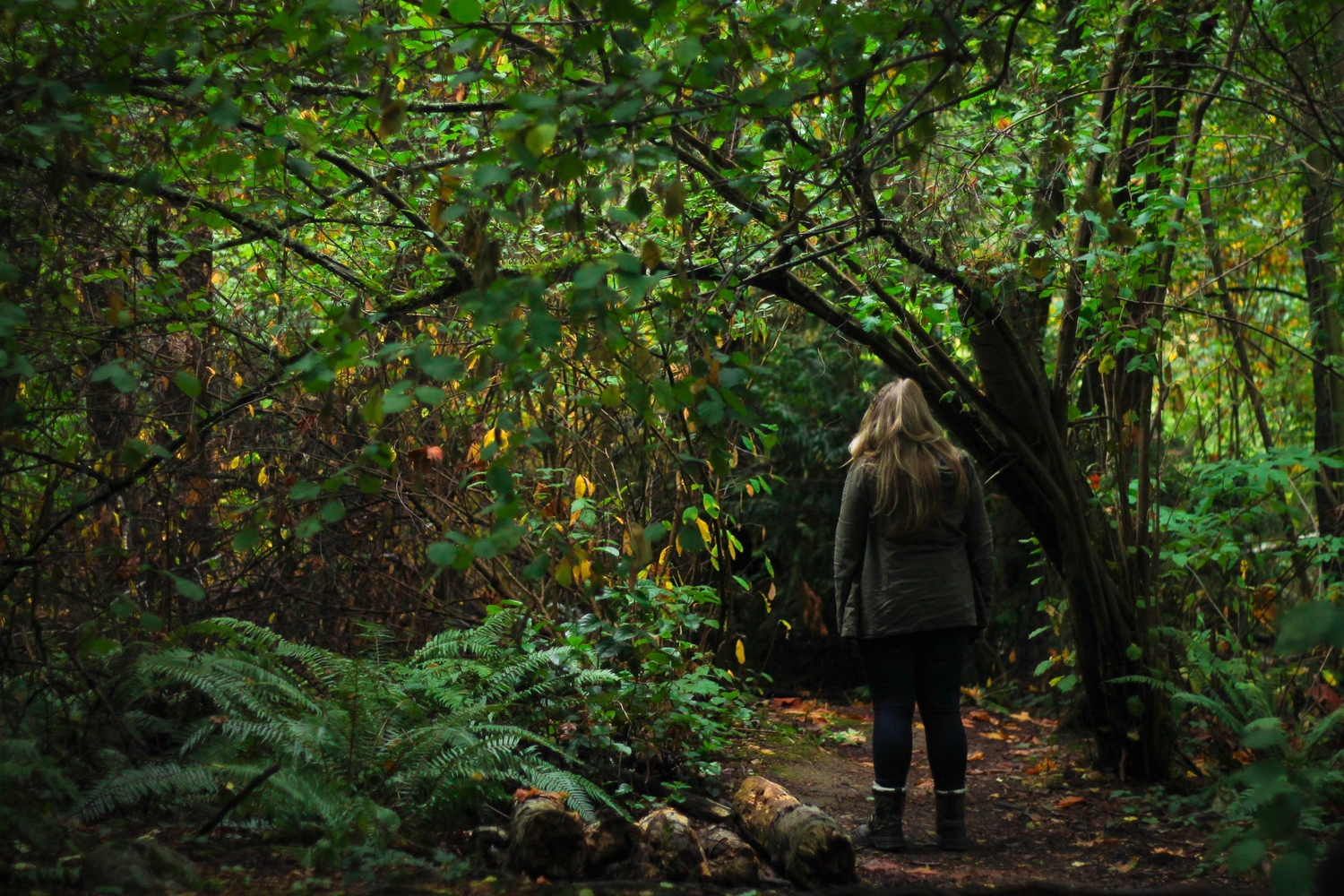Books & Culture
It’s Okay to Give Up on Mediocre Books Because We’re All Going to Die
Life’s too short to force yourself to finish books you don’t enjoy

The fall I was 17, I lived in Paris and read just over 90 books. I was working as an au pair for a newborn, which gave me plenty of hours when I had to be quiet, stay inside, and pass the afternoons alone. It was 2005, so I wasn’t yet spending endless time on the internet; I didn’t have a laptop or a smartphone. I had very few friends in town. I read books that I loved and others that I didn’t very much enjoy. But even if I hated the book, I forced myself to finish it. I was a compulsive finisher. No matter how much I disliked a book in the beginning, I felt like I owed it to the book, and its author, to give it a chance to redeem itself — and by a chance, I mean until the very last page.
I loved telling people that I always finished books. I loved the righteousness of being able to say that I could count on one hand the books I’d given up on. This obviously made me really fun at parties, but it was also part of a larger pattern of perfectionism that made me anxious and self-critical.
I had on my shelves then (as I still have) dozens of unread books. And still, I kept buying new ones. These unread books weighed on me; every time I saw them I was reminded of all the other tasks I felt behind on: the unreturned calls and texts, the emails I wasn’t able to keep up with in my personal inbox because I spent all my time and energy on my professional inbox, the room in my apartment that needed painting and plant that needed repotting.
These unread books weighed on me; every time I saw them I was reminded of all the other tasks I felt behind on.
In early 2016, I gave myself a challenge: no buying any new books. I was going to read the books I already owned, one by one, until my queue was clear. That project didn’t last very long — but it did change my life in another way. Realizing the gargantuan task that was in front of me if I was to read all the unread books on my shelves, I began questioning my resistance to quitting books once started. In a note to myself from that time, I wrote: “Why do I keep investing time in it even if I’m not super jazzed on it?” It was about a feeling of accomplishment that I was looking for, but my continual need for that feeling was out of control.
Just over ten years after that fall in Paris, I finally stopped being a compulsive book finisher. I’d learned two things in particular that helped me quit. One, I realized literally NO ONE cares if I give up on a book except me. (And maybe the author, if I told them, which I wouldn’t do because…no.) Two, I realized that I’m going to die.
Not tomorrow, knock on wood, or next year, God willing. I don’t know when, but I know better than I knew at 17 that I’m mortal, and that the hours left to read are limited.
It’s not that I had no awareness of time’s preciousness before. In fact, my appreciation for the time a book takes to make probably contributed to the compulsion to finish each one. As a writer myself, I was painfully aware that the author had, over the course of many months or years, tried their best to create something that mattered. I hated the idea that their effort would be in vain. But at a certain point, what mattered more than protecting their feelings was realizing that my time was a finite resource, and that no one was safe-guarding it for me.
One, I realized literally NO ONE cares if I give up on a book except me. Two, I realized that I’m going to die.
Perhaps ironically, it was a book that helped me take seriously the idea that I don’t have to finish every book. It’s called A Year To Live: How to Live This Year As If It Were Your Last, by Stephen Levine, a Buddhist teacher and writer — and yes, I finished it. Levine invites the reader to reflect on how they’d want to live if they knew they really had a terminal illness, with a year left on the table. Regardless of your age or health, he asks the reader to make amends, prepare your will, get your affairs in order, and cherish time with loved ones. And while there were plenty of distinct actions I felt moved to do after reading his book (apologize to a handful of people, plan a weekend trip for my closest girlfriends, empty out my childhood room), there were also some more general behavioral shifts I knew I’d make if given a deadline for my life, shifts I might as well make starting now. One of those was that I’d stop forcing myself to read books I wasn’t enjoying or learning from.
I’ve given up on a handful of books in the last year, but the one that stands out the most to me was in fall of last year. I was on a road trip, solo, through the Pacific Northwest and into Canada. At the beginning of the trip I’d found a copy of a new novel by an author whose short story collection I loved. The novel had hit the New York Times bestseller list; plenty of people were raving about its interesting structure and point of view. I started reading it on my trip while in a semi-rural part of Canada; I had plenty of time for it. And yet, I just didn’t care. I tried; I gave it 25 pages or so while sitting on the front porch of the cabin where I was staying. And then I gave up. Maybe I didn’t give up forever; maybe when the time is right, I’ll be able to find the book again and have a chance to love it because I didn’t force myself to tolerate my way through it now. But maybe I’ll die before that happens, and if so, I’ll be glad I read something I liked instead.
Maybe when the time is right, I’ll find the book again. But maybe I’ll die before that happens, and if so, I’ll be glad I read something I liked instead.
These days, I typically give books until around page 25–60, depending on the length of the book; I like to read close to 15% before giving up. If I’m merely confused, sometimes I’ll push further; if I’m bored, I let them go. I try to choose my reading list with an eye on diversity of the author or protagonist’s gender, ethnicity, nationality, and so on. I also aim to read more books by women than men (2:1, if you’re curious) to make up for the many years of missing out on women’s voices, when I didn’t pay attention and was reading almost exclusively men. I was initially worried about a correlation between the books I give up on and the author’s similarities or differences in identity to mine, but I haven’t found any meaning to the books I don’t want to finish. I still want my ideas to be challenged when I’m reading; I still want to learn and to think in new ways. But, as Austin Kleon says, paraphrasing Jorge Luis Borges, sometimes a book just isn’t for me.
Around the same time as I gave up on reading what didn’t grab my interest, I also gave myself permission to start reading more of what I love. Which, it turns out, is a lot more YA than I was previously reading (next up is Eleanor and Park), and a lot more rereading books that I once loved but haven’t revisited in years (like the His Dark Materials Trilogy, Etty Hillesum’s journals, and Zami by Audre Lorde). Interestingly-structured memoir and autobiographical fiction keep calling to me, as do self-help and spiritual books. Do you think that’s not literary enough? I don’t really care. Life’s too short.
I was worried giving myself permission to quit books early would impact how many I’d ultimately read. But last year, while working full-time and completing a book manuscript (as well as some shorter pieces), I read more than 75 books. I also gave up on maybe nine, but because I didn’t force myself to plod through books that bored me, I was able to move quickly and happily through the ones I did stick with. And that’s part of the point of reading for me: enjoyment, which in a literal sense means receiving joy
I still haven’t written that will, and I have a few lingering apologies left to make. And while I miss the sense of abundant, even excessive time, that I felt in Paris, I wouldn’t give up the clarity I have now: that time in this body is limited and precious, and that I am well served by reading whatever the hell I want.








